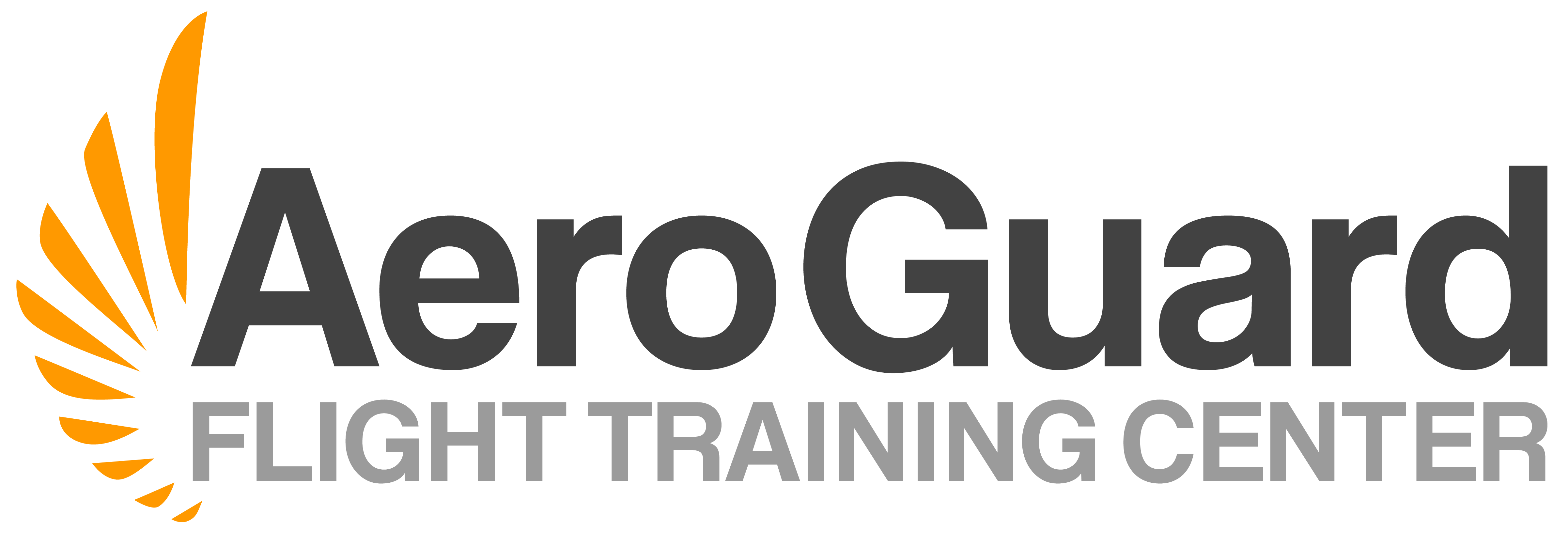Solo Flights
How AeroGuard Prioritizes Safety
At AeroGuard, our goal is to provide safe, high-quality pilot training, unmatched by other flight programs. To attain that goal, we conduct solos in a unique way, prioritizing the success of our students.
Solo flight is required by the FAA in order to get your Private Pilot License, which is the first of many steps within your training journey. However, for our student’s safety and to maximize the quality of instruction, we only fly the minimum 10 hours of solo time required by the FAA and place students with an instructor for the rest of the AeroGuard PPL Course and all other ratings. We also structure our programs so that students complete the majority of their solo time towards the end of the Private Pilot License Curriculum after they’ve received ample training and landing practice with their instructor.
Supplementary to how our curriculum is structured, we’ve implemented the following operational policies around solo flights to ensure the well-being of our pilots.
Pre-Solo Safety Briefs
AeroGuard’s Director of Safety personally conducts the pre-solo briefings with students for them to absorb a variety of knowledge and apply it to their training. During these meetings, students are provided with a series of tips and information, including clearing techniques, decision making, when to declare an emergency, the safety system and more. These briefings ensure the student is not only fully aware of any issues that may arise during their flight, but how to properly handle them if they do.
Number of Solo Operations at AeroGuard
One of the ways AeroGuard supports their students’ safety during solo operations is by regulating the amount of solo operations that are allowed during any given day. AeroGuard policies only allow one solo flight every 15 minutes per campus, whether it be a local flight or cross-country flight. Furthermore, AeroGuard does not allow more than one student to conduct a solo flight in the local traffic pattern per runway at any given time. When it comes to cross-country solos, AeroGuard will only grant up to 7 students to be out at one time across each campus and of course, no student pilots can conduct solo flights at night.
AeroGuard limits the number of solo operations to ensure that each solo flight can be closely monitored by our Duty CFIs, adding another layer of protection to our soloing students.
Use of a Duty CFI
Before a student can solo, there are multiple endorsements that need to be made by their instructor stating that they have the full ability to do so. In addition to their everyday instructor, a student’s stage check instructor will also verify this with a stage check held prior to a student’s first solo. Once the student’s solo flight is scheduled, that’s where the Duty CFI comes in.
Our Duty CFIs are greatly experienced flight instructors who double check the instructors endorsement, review flight plans, check the weather and the risk assessment to ensure all is in order. They also act as the student’s instructor on the ground by monitoring the solo flight while the student is on their route to ensure everything goes according to plan. Throughout the flight, the Duty CFI is in constant contact with ATC allowing them to get messages to the pilot if needed. If the Duty CFI observes any changes that may be a concern for the pilot, they can call the solo back to base.
The Duty CFI is a unique offering that isn’t seen at many flight schools and just one of many safety precautions AeroGuard has in place for solo flights.
Solo Flight Preparation
Prior to flying solo, the Student Pilot (SP) and their endorsing Instructor Pilot (IP) must complete several tasks including completing a Solo Dispatch Release Form outlining the current weather conditions, flight plan, and a verbal student assessment ensuring students are well-prepared for solo flight. Students then meet with the Duty CFI no later than 15 minutes prior to their scheduled ramp-out time.
The student will then go with their IP to the aircraft for a final pre-flight check, making sure its fuel is full and checking the plane’s overall condition. On any flight, not just solos, the SP must also take a Stratus (a portable, flight data recorder system) for situational and traffic awareness and to record the flight route.
Upon completion of the solo flight, the SP will meet and de-brief with the Duty CFI after ramping in with Dispatch.
Solo Flight Weather Constraints
One of the biggest factors for safe Solo operations is weather, and making sure that solo pilots are prepared for expected changes, from visibility, to wind, storms and even heat.
Prior to dispatch, the student pilot must complete and review with their instructor the Weather Brief information on the Flight Release Form, as well as ensure conditions are within accepted tolerances. At AeroGuard, we have implemented a range of weather restraints to keep our pilots as safe as possible, including:
-
Limitations on the amount of total wind, crosswind, and knots on the runway of tailwind during takeoff and landing.
-
VFR requirement, along with 2 nautical miles of obstacle clearance on either side of the flight path.
-
No severe thunderstorms in or expected within 20 nautical miles of the planned flight path.
-
No known or forecasted icing conditions, and no solo operations if the temperature exceeds 105°F.
Instructors have final judgment as to what the appropriate weather limitations are for their students. They may choose to impose even more restrictive weather limitations for their individual students on a case by case basis.
Safety First Training
As demonstrated above, at AeroGuard we take safety and the quality of our instruction seriously. We continuously work to strengthen our preventative efforts, which is why we have taken these steps to build a range of policies and procedures for solo operations.
AeroGuard’s first priority is to keep students safe, not only on their solos but during every flight. If you’re interested in learning more about AeroGuard’s training programs, get in touch with an Enrollment Advisor today!

